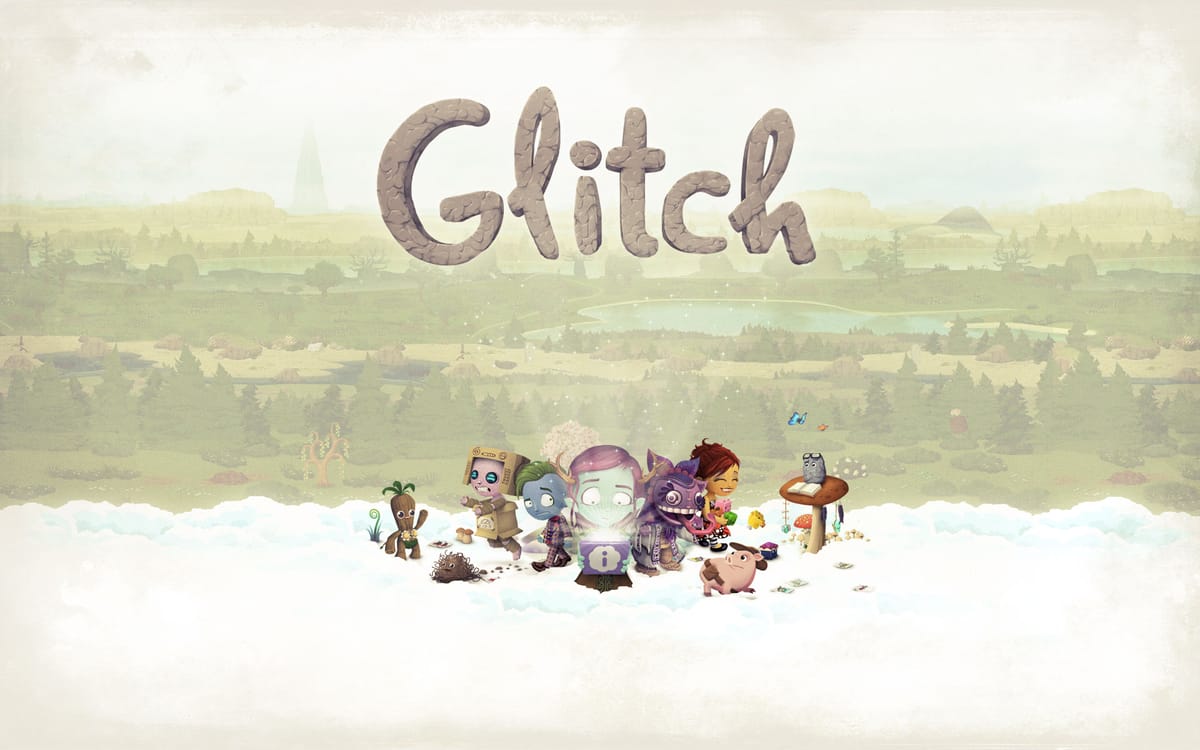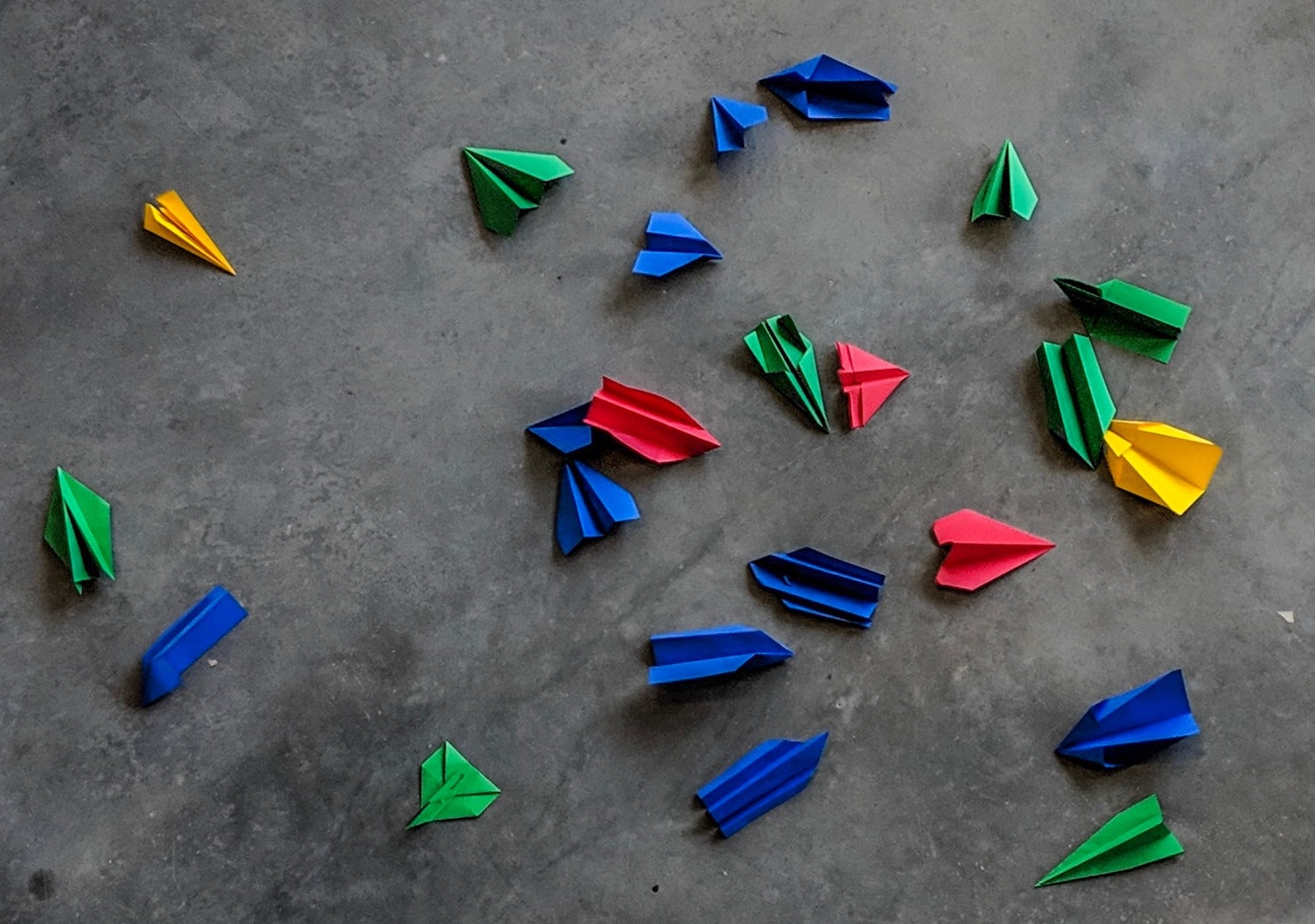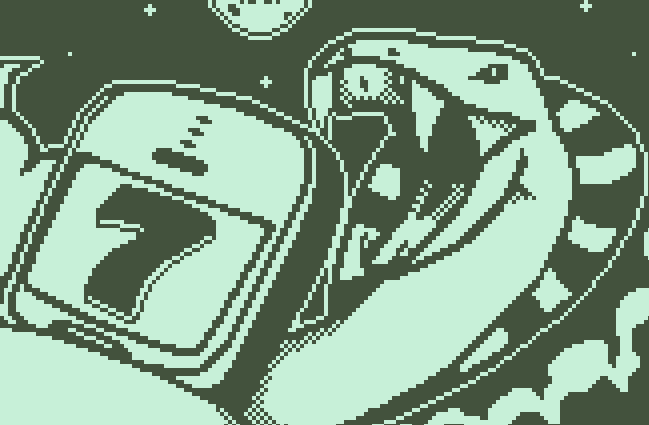
The death of Glitch, the birth of Slack
[This post is about the day that Glitch failed, and how that failure created the opportunity to make Slack. We're sharing it here (out of chronological order) to mark 12 years since the famous pivot.]
“We have to shut down the game.” Stewart Butterfield said. I looked at him out of the corner of my eye. He looked exhausted. The result of years of long days and short nights pouring all of his substantial creative energy into Tiny Speck and the game it was conceived to create: Glitch. He also looked resolved. He had tried every option he could think of to keep Glitch alive: alpha and beta releases, launches and unlaunches, new features, a completely overhauled new player experience, elaborate collaborative modes of play, invite campaigns, generous credits to existing players, and clever storytelling in the press. None of it was enough. The quirky game populated by a far-flung community of players had absorbed his time since 2009. The company had attracted a team of 40 artists, engineers, game designers, animators, musicians, writers and in-game guides to build and tend to the world we had collectively imagined.
It was now late 2012. On a chilly November morning, Stewart and I walked along the seawall in the politely trendy Yaletown neighbourhood of Vancouver. I had been surprised by his invitation when I arrived at work that morning – I joined the company 8 months earlier and was not accustomed to coffee walks with our charismatic CEO. He explained that despite all of our efforts, there just wasn’t a viable business for Glitch. It was expensive to build and keep online, and we had not attracted enough players to bear that expense. Moreover, with the rise of smartphones and the incompatibility of our Flash-based game with mobile, we didn’t have an easy way to meet new players where they were spending their casual gaming time. “If we keep going as we are, we’ll burn through the rest of our money in a few months and be left with nothing to show for it,” Stewart explained. We walked in silence for a few paces, the low clouds dull and drizzling overhead. I hunched into my rain jacket as I realized what this meant. My colleagues and I without a job. Tens of thousands of players abandoned. Hundreds of thousands of hours of collective creative work lost. Another failed startup. Fuck. “But if we stop now, we can use that money to build something else,” Stewart went on. “I think the tools we’ve built internally could be useful to other people.” “Our IRC server?” I asked, feeling a combination of skepticism and confusion. Why would a game company make chat software? And why would anyone pay for the unpolished conglomeration of tools we had glued together to solve our own problems? When I joined the company, I’d been given a crash course in how we worked together. No email. Everything happened in IRC: a chat protocol from the late 80s. We had a server set up with channels based on topics of discussion: #general for company-wide chat, #deploys for new code releases, #support-hose for inbound customer support requests, and so on.
/https://public-media.si-cdn.com/filer/b8/cb/b8cbe79b-97c7-4175-bb3c-a3286a641224/grissom.jpg)





















